Hops for Beer Making - Beer Hops
.jpg)
.jpg)
In the beer making process, hops act as a preservative and a flavouring agent adding a bitter taste that offsets the sweetness of the maltose or malt suger. Hops also add an aroma that resembles a piney come citrus smell.
Hops even possess a mild antibiotic that helps suppress some of the organisms in the wort (the liquid fermented to make beer), allowing the yeast to carry out the fermentation process more efficiently.
The use of hops for beer making began around the beginning of the twewlth century in Germany, followed by Britain in the early 16th century. Scottish ales began using hops only much later as the climate in Scotland was too cold for the hop plant to grow. In the United States, the use of hops started in 1629.
Today, there are many basic varieties of hops together with numerous sub types.
For instance, Noble hops come in four different types which are all high in aroma but low in bitterness. The Noble hops hail from Central Europe and have some fairly exotic names such as Saaz, Spalter, Tettnanger and Hallertau. The names derive mainly from their region of origin.
In England, names such as Goldings and Fuggles will be more familiar. Both are derived from their European ancestors with Goldings being used in some ales and Fuggles being a woody hop developed in England in the late 19th century.
There is another called Hersbrucker, which is a German Hop used in pale lagers and the Lublin from Poland. There is even a berry aroma hop called the Pacific Gem, which hails from New Zealand.
Considering that hops have practically no other commercial use beyond their application to beer making, the world is fortunate that clever brew meisters exist that can turn a limitation into such delightful advantage.
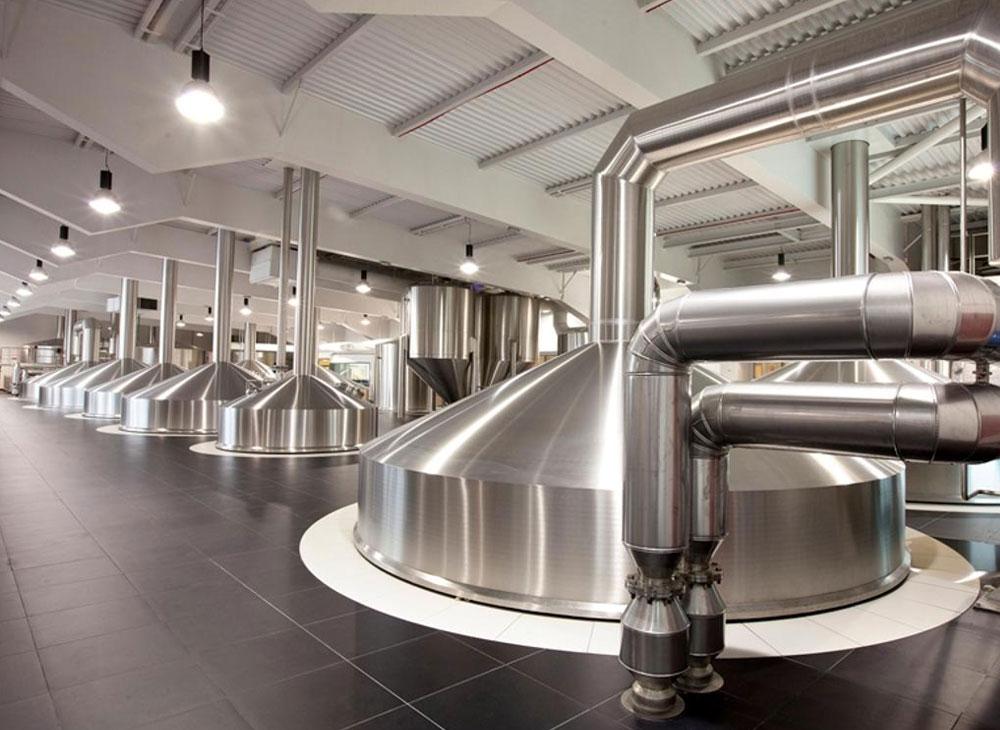

.jpg)
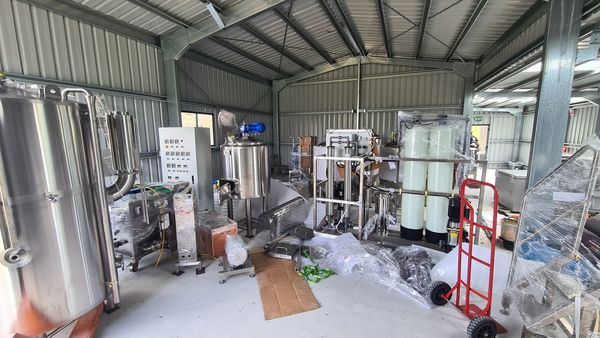
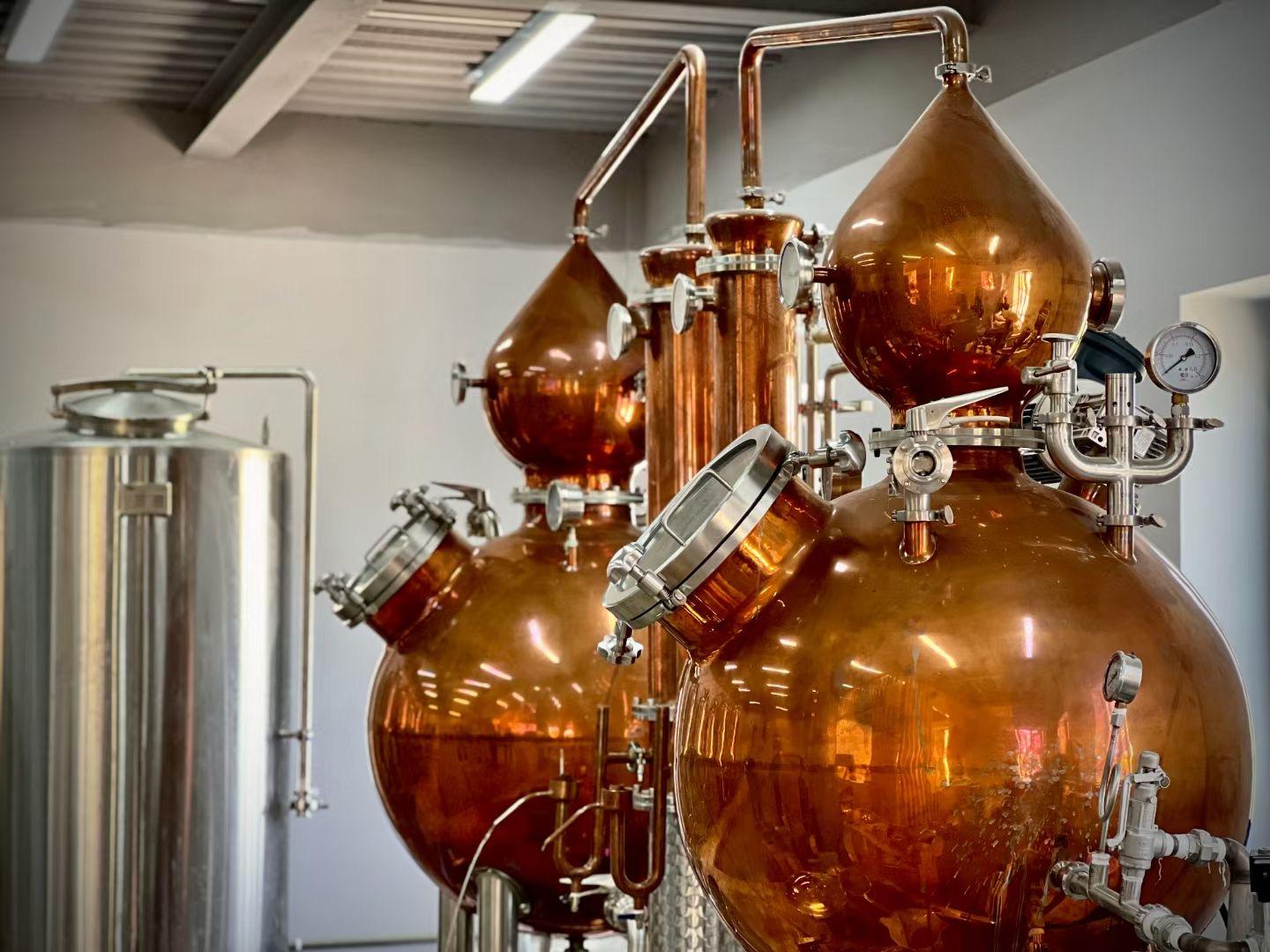
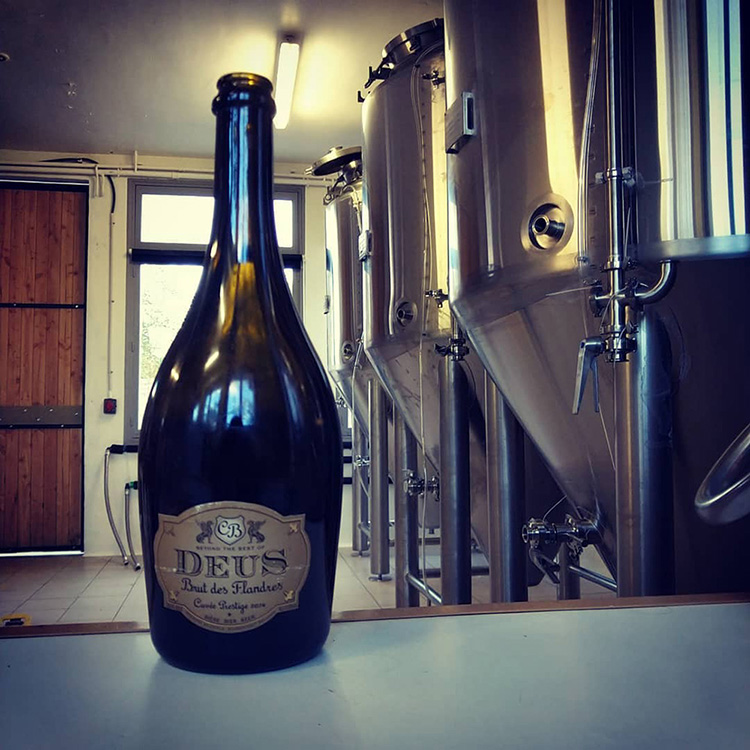
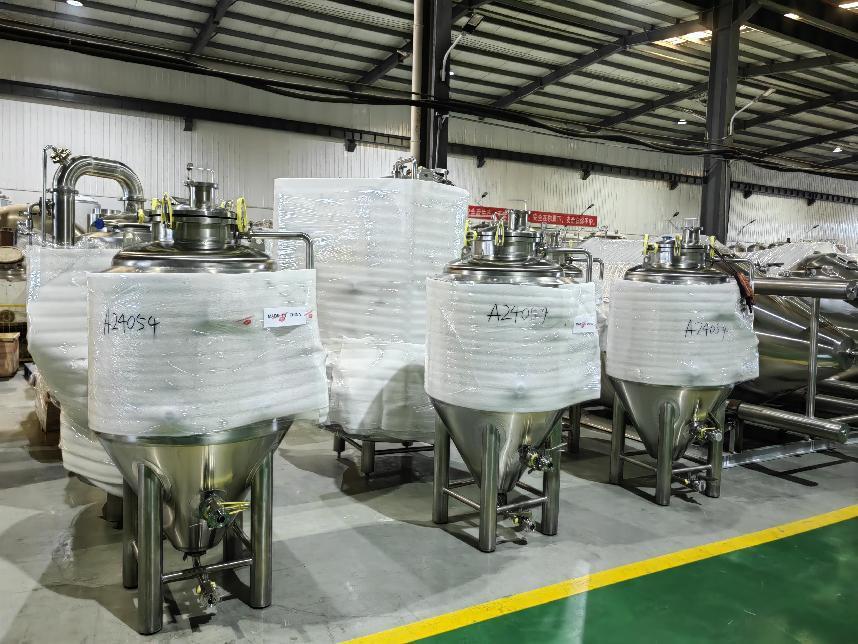
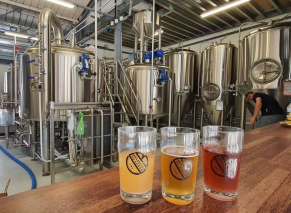
Get A Quote